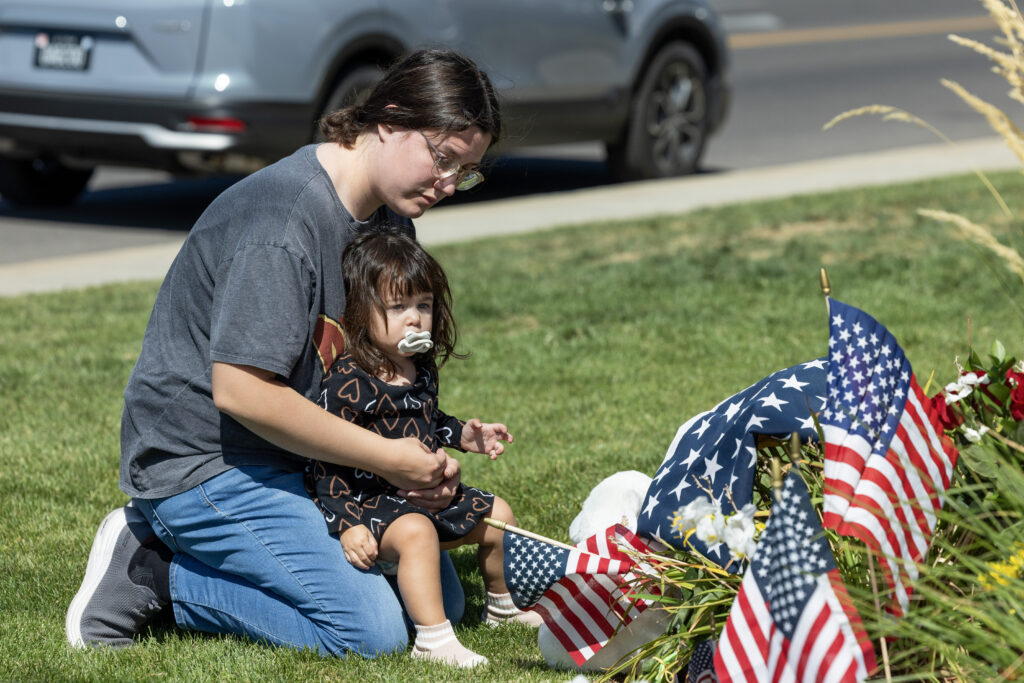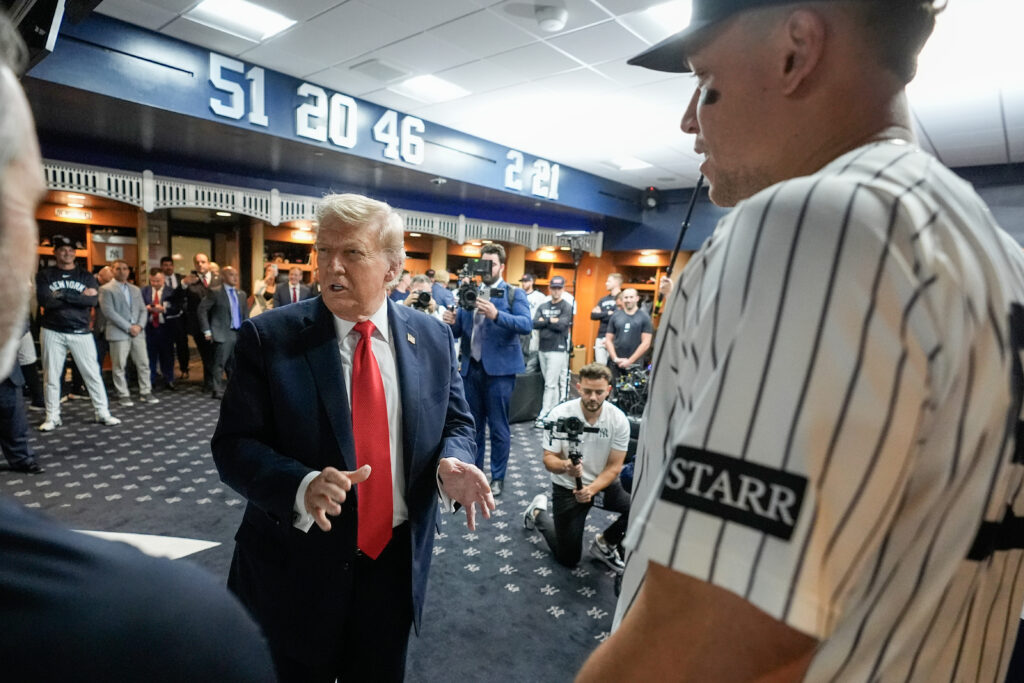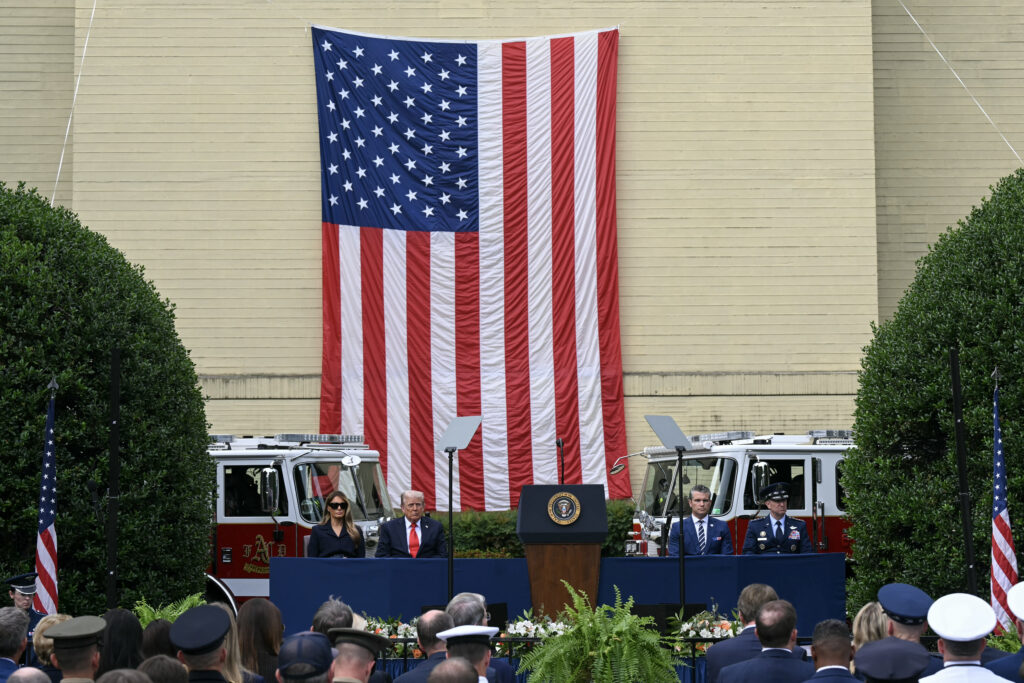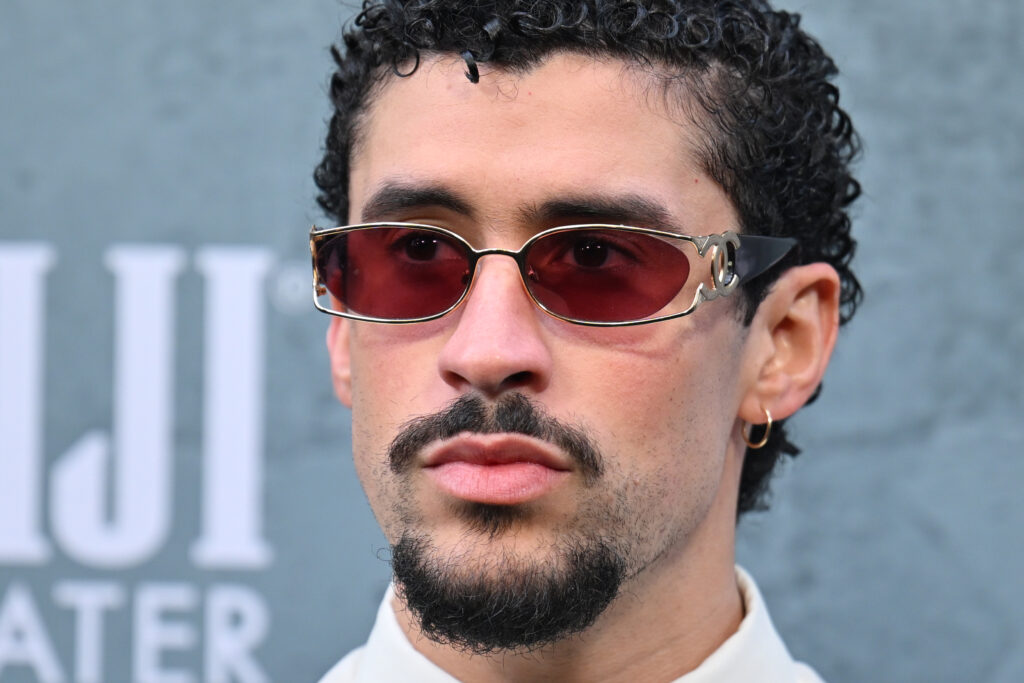Investigators plead for public’s help in Charlie Kirk killing
Investigators searching for the man who killed right-wing activist Charlie Kirk appealed for the public’s help Thursday, with no one in custody more than a day after a murder that has rocked America’s fractious politics.Kirk, a 31-year-old superstar on the Republican right who harnessed surging youth support for US President Donald Trump, was shot dead while addressing a large crowd at Utah Valley University on Wednesday.Hundreds of agents from across 20 law enforcement agencies are combing for clues to the identity of the culprit, but at a Thursday evening media briefing, they appeared to have little to show.”We cannot do our job without the public’s help,” Utah Governor Spencer Cox told reporters, adding they had received more than 7,000 leads.”We need as many, as much help as we can possibly get. Any videos or photos that you might have… should be submitted to our digital media tip line.”FBI Director Kash Patel, who on Wednesday tweeted that agents had someone in custody before having to walk that back, stood mutely as Cox spoke.No one took any questions from the assembled press corps.Pictures released Thursday showed a man detectives want to question.He was wearing Converse shoes, a black baseball cap, dark sunglasses and what appeared to be jeans, with a long-sleeved top emblazoned with a design that included an American flag.Police say they believe the shooter fired a single bullet from a rooftop up to 200 yards (180 meters) away, hitting Kirk in the neck.A video played at the press conference shows a figure running across a roof at the university, then jumping to the ground and making his way off campus towards some trees — apparently the location where a high-powered bolt-action rifle was recovered. – Dark moment -Reflecting the highly political nature of the killing, Kirk’s coffin was transported to his home city of Phoenix on JD Vance’s official plane.Footage showed the vice president with his hands on the casket as it was carried to Air Force 2.Kirk’s widow, Erika, held hands with Vance’s wife after the plane arrived in Arizona, the headquarters of the powerful Turning Point USA.The right-wing mediasphere remained in a state of heightened emotion Thursday, with Fox News contributors recounting the impact Kirk had on their lives.Fox News host Jesse Watters said Wednesday the killing showed his side of the political spectrum was under attack.”Whether we want to accept it or not, they are at war with us. And what are we going to do about it?” he asked his audience.Trump urged supporters to respond peacefully, telling reporters that Kirk had been “an advocate of nonviolence.””That’s the way I’d like to see people respond,” he said.- ‘Totally surreal’ -Students at Utah Valley University on Thursday described their shock, and their broader fears as political divisions deepen across the country.Dave Sanchez told AFP witnessing the killing made him “sick to my stomach.””We watch him all the time and so it really does feel like one of your own family members, your own brother’s been killed,” said Sanchez, 26.In Orem Park, several hundred people wearing red MAGA caps and holding American flags attended a vigil on Thursday evening, where they prayed and held a moment of silence.”It still feels insane that this happened,” Jonathan Silva, 35, told AFP. “It’s totally surreal.”Silva’s wife Angelina, 27, told AFP about how the violent political polarization made the couple question their plans to have a child.”It seems a little hopeless to try to start a family and raise children in a society where there’s so much hatred and so much division,” she said.Kirk, whom supporters have hailed as a “martyr”, co-founded Turning Point USA in 2012 to drive conservative viewpoints among young people, with his natural showmanship making him a go-to spokesman on television networks.The father-of-two used his audiences on TikTok, Instagram and YouTube to build support for anti-immigration policies, outspoken Christianity and gun ownership, and to spread carefully edited clips of his interactions during debates at his many college events.Three months ago, a Minnesota man shot dead a Democratic lawmaker and her husband in their home. In July 2024, Trump survived an assassination attempt during his election campaign.








